What Does A Ppc Specialist Do?
Ever wondered what a PPC specialist does? Well, you’re in luck! In this article, we’ll dive into the world of PPC specialists and uncover the exciting work they do. So, get ready to explore the ins and outs of this fascinating career!
Picture this: you’re scrolling through your favorite website or social media platform, and suddenly, an ad catches your eye. That, my friend, is the result of a PPC specialist’s hard work. PPC stands for Pay-Per-Click, and it’s a type of online advertising where advertisers pay a fee each time their ad gets clicked.
But what exactly does a PPC specialist do? Well, they’re the masterminds behind devising and implementing effective advertising campaigns. They conduct keyword research, create compelling ad copy, and optimize campaigns to ensure maximum visibility and engagement. Let’s unravel the mysteries of this digital marketing wizard together!
So, if you’re curious about the world of online advertising and want to know more about the exciting role of a PPC specialist, keep reading! We’re about to embark on an adventure that will unravel the secrets of this dynamic and impactful profession. Let’s get started!
A PPC Specialist is responsible for managing and optimizing pay-per-click advertising campaigns. They research keywords, create ad copy, and monitor campaign performance to maximize ROI. A PPC Specialist conducts competitor analysis, implements A/B testing, and adjusts bids to improve campaign effectiveness. They also provide detailed reports and insights to clients, helping them make informed decisions. With their expertise in paid search advertising, a PPC Specialist plays a crucial role in driving targeted traffic and generating conversions for businesses.

What Does a PPC Specialist Do? A Comprehensive Guide
In today’s digital landscape, online advertising plays a crucial role in promoting businesses and driving traffic. Pay-per-click (PPC) advertising is one of the most effective strategies to reach potential customers. Behind the success of any PPC campaign lies a skilled PPC specialist. But what exactly does a PPC specialist do? In this comprehensive guide, we’ll delve into the world of PPC specialists, their roles and responsibilities, and how they contribute to the success of advertising campaigns.
1. Researching and Planning PPC Campaigns
A PPC specialist starts by conducting thorough research to understand the target audience, industry trends, and competition. They analyze keywords, demographics, and user behavior to create an effective PPC strategy. The specialist also determines the budget, ad platforms, and bidding strategies.
Next, they outline the campaign structure, including ad groups, keywords, and ad creatives. A comprehensive plan is crucial to maximize the effectiveness of PPC campaigns. The PPC specialist ensures that the campaigns align with the client’s goals, whether it’s generating leads, increasing sales, or improving brand awareness.
Once the planning is complete, the specialist creates a schedule for launching and monitoring the campaigns. They optimize the campaigns, taking into account factors like seasonality and industry-specific events.
2. Keyword Research and Optimization
Keyword research is the backbone of PPC campaigns. A PPC specialist dives into extensive keyword research to identify the most relevant and high-converting keywords. They use various tools and techniques to find keywords that match the target audience’s search queries.
After selecting the keywords, the specialist optimizes them for better performance. This includes managing keyword bids, adjusting match types, and adding negative keywords to filter out irrelevant traffic. The goal is to ensure that the ads are shown to users who are most likely to convert, improving the return on investment (ROI) for the client.
3. Creating and Managing Ad Campaigns
Once the research and optimization are complete, the PPC specialist moves on to creating and managing the ad campaigns. They write compelling ad copy that grabs the attention of the target audience and entices them to click. The specialist also selects relevant landing pages that provide a seamless experience and enhance conversion rates.
Managing the ad campaigns entails continuous monitoring and optimization. The PPC specialist analyzes the campaign’s performance and makes necessary adjustments to improve its effectiveness. This includes monitoring click-through rates (CTRs), conversion rates, and cost per acquisition (CPA). They may also conduct A/B testing to determine which ad variations perform best.
4. Monitoring and Analyzing Campaign Performance
A crucial aspect of a PPC specialist’s role is monitoring and analyzing the performance of PPC campaigns. They utilize analytics tools to track important metrics and generate reports. These reports provide insights into campaign performance, audience behavior, and areas for improvement.
By analyzing the data, the specialist identifies trends, patterns, and potential issues. They use this information to fine-tune the campaigns, optimize bidding strategies, and allocate the budget more effectively. Regular monitoring and analysis ensure that the campaigns stay on track and generate the desired results for the client.
5. Staying Updated with Industry Trends
The world of digital advertising is constantly evolving, with new platforms, features, and techniques emerging regularly. A PPC specialist must stay updated with the latest industry trends and advancements. They attend industry conferences, participate in webinars, and engage with online communities to stay ahead of the curve.
Staying updated allows the specialist to leverage new opportunities and implement innovative strategies. It also ensures that the PPC campaigns remain competitive and reach their maximum potential.
6. Client Communication and Reporting
Effective communication with clients is a key aspect of a PPC specialist’s role. They provide regular updates on the campaign’s progress, discuss strategies, and address any concerns or questions. The specialist may present reports that include meaningful insights and actionable recommendations.
By maintaining open and transparent communication, the PPC specialist builds trust with the clients and ensures that their expectations are met. They also seek feedback and suggestions, which helps in refining the campaigns further.
7. Continuous Learning and Skill Enhancement
To thrive in the dynamic field of PPC advertising, a specialist must possess a thirst for knowledge and a commitment to continuous learning. They actively seek opportunities to enhance their skills, whether through certifications, online courses, or hands-on experience. By staying sharp and up-to-date, the PPC specialist can deliver exceptional results for their clients.
In conclusion, a PPC specialist plays a vital role in planning, executing, and optimizing PPC campaigns. From conducting research and selecting keywords to creating compelling ads and analyzing campaign performance, their expertise is crucial for driving success in the digital advertising space. By staying updated with industry trends and continuously refining their skills, they ensure that their clients achieve their advertising goals. So, the next time you come across a successful PPC campaign, you know who is behind its success – the PPC specialist.
Key Takeaways: What Does a PPC Specialist Do?
- A PPC specialist manages pay-per-click advertising campaigns for businesses.
- They research keywords and target audience to create effective PPC strategies.
- They write compelling ad copy and create landing pages to drive traffic and conversions.
- PPC specialists track and analyze campaign data to optimize performance and ensure ROI.
- They stay updated with industry trends and changes in advertising platforms to stay ahead.
Frequently Asked Questions
Curious about what a PPC specialist does? Look no further! Here are some common questions and answers to help you understand their role and responsibilities.
Q: How does a PPC specialist contribute to digital marketing campaigns?
A: A PPC specialist plays a crucial role in digital marketing campaigns by managing and optimizing pay-per-click (PPC) advertising efforts. They create and implement PPC strategies across platforms like Google Ads, Bing Ads, and social media platforms. By carefully targeting specific keywords, demographics, and locations, they can maximize the effectiveness of online advertising campaigns.
PPC specialists conduct thorough keyword research to identify the most relevant and high-performing keywords for each campaign. They then create compelling ad copy and design attractive landing pages to drive conversions. Additionally, they monitor campaign performance, adjusting bidding strategies and budgets to ensure the best return on investment (ROI) for their clients or companies.
Q: How does a PPC specialist optimize PPC campaigns?
A: PPC specialists optimize PPC campaigns through continuous monitoring, analysis, and strategic adjustments. They track key performance indicators (KPIs) such as click-through rates (CTR), conversion rates, and cost per acquisition (CPA) to identify areas for improvement. By conducting A/B testing and analyzing data, they can refine ad copy, landing page design, and targeting strategies to maximize results.
These specialists also optimize campaigns by managing bids and budgets. They may adjust keyword bids based on performance, focusing more on high-converting keywords and reducing spending on underperforming ones. By strategically allocating budgets, they ensure the most efficient use of ad spend and deliver the best ROI for their clients or companies.
Q: What skills does a PPC specialist need?
A: A PPC specialist needs a combination of analytical, creative, and technical skills. Analytical skills are crucial for conducting keyword research, analyzing campaign data, and making data-driven decisions. They should have a good understanding of data analysis tools and platforms such as Google Analytics and Google Ads.
Additionally, creativity is essential when crafting compelling ad copy and designing effective landing pages. PPC specialists should have a knack for writing persuasive copy and possess basic design skills to create visually appealing ads. Familiarity with ad platforms’ technical aspects, such as setting up tracking codes and implementing remarketing tags, is also important for successful PPC management.
Q: How does a PPC specialist measure campaign success?
A: PPC specialists measure campaign success through various key performance indicators (KPIs) and metrics. These include click-through rate (CTR), conversion rate, return on ad spend (ROAS), cost per click (CPC), and cost per acquisition (CPA). By analyzing these metrics, specialists can evaluate the effectiveness of their campaigns and make data-driven adjustments.
They also consider factors like reach, impressions, and engagement to gauge campaign performance. Additionally, they may utilize attribution models to track the impact of ads at different stages of a customer’s journey and determine how PPC campaigns contribute to overall business goals, such as lead generation or revenue growth.
Q: How does a PPC specialist stay up-to-date with industry trends?
A: To stay up-to-date with industry trends, PPC specialists regularly engage in professional development and continuous learning. They follow industry blogs, attend webinars and conferences, and participate in relevant online communities to keep themselves informed about evolving PPC strategies, platforms, and best practices.
PPC specialists also actively explore new tools and technologies that can enhance their campaign management. By staying connected with industry leaders and peers, they exchange insights, share success stories, and learn from others’ experiences, ensuring they are well-equipped to deliver effective PPC campaigns in a rapidly evolving digital landscape.
What does a PPC specialist do?
Summary
So, what does a PPC specialist do? A PPC specialist is someone who helps businesses advertise online. They create and manage Pay-Per-Click campaigns, which are ads that appear when people search for specific keywords. They research keywords, write ad copy, and analyze the campaign’s performance to get the best results.
A PPC specialist also works with budgets, aiming to maximize the return on investment for businesses. They use data and analytics to make informed decisions and adjust the campaign as needed. Overall, a PPC specialist is a valuable asset for businesses looking to get their ads in front of the right people and achieve their advertising goals.
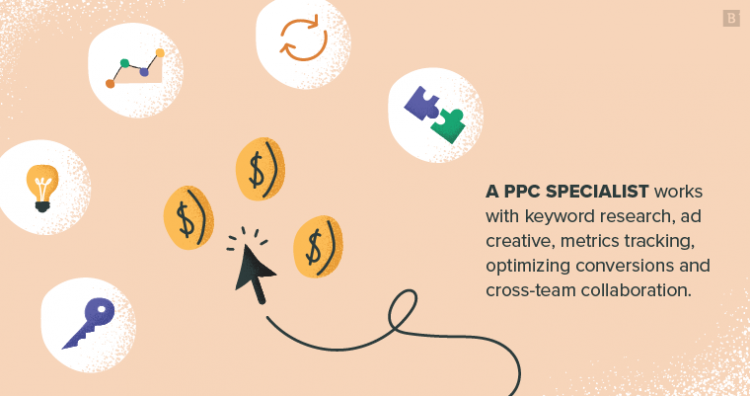
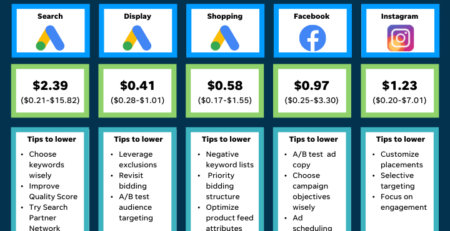
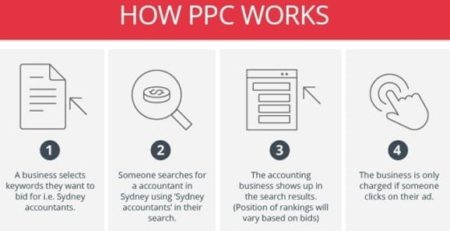
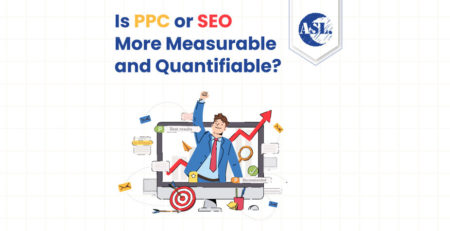
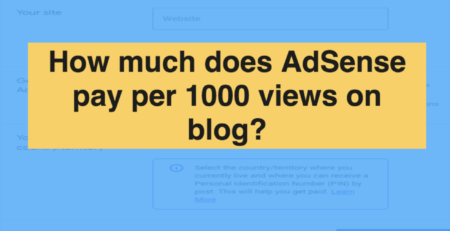
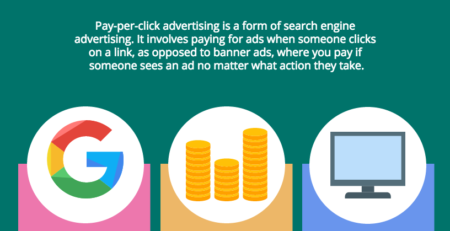
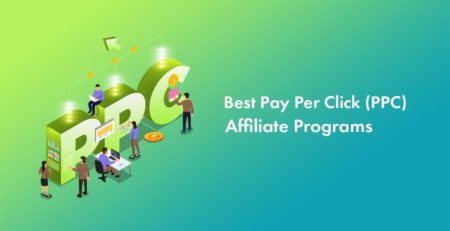
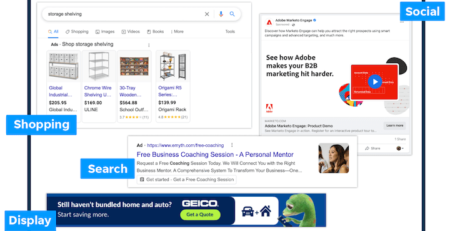


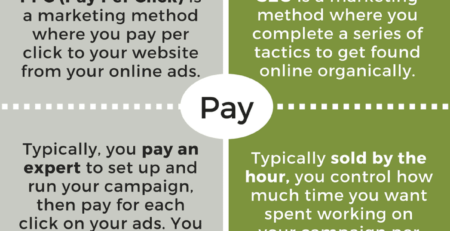
Leave a Reply